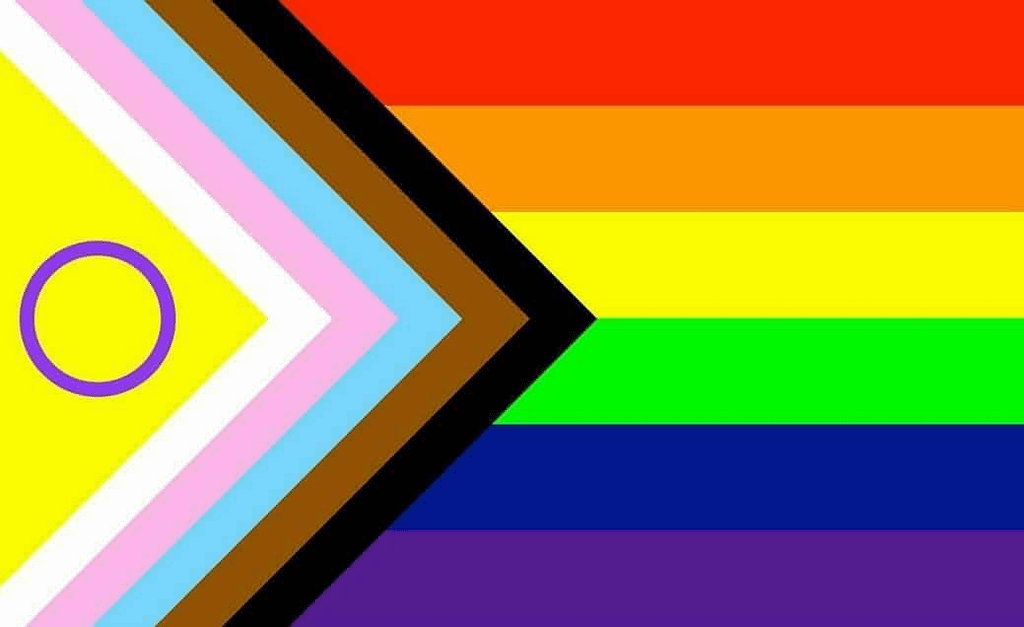I attended a CPD event for therapists recently and it left me questioning (again) whether therapists have really embraced gender diversity. Do therapists really understand why pronouns matter?
The gender binary is culturally specific. It’s also related to the settler-colonial imperialist project to categorise people as superior/inferior (Barker & Iantiffi 2019). Essentially certain people in society make decisions about who or what is considered civilised or not. There were disastrous consequences for those who did not fit into the ‘superior’ categories. They they either had to deny who they were or face brutal attack and death.
Gender Identity – why pronouns matter
Pronouns are part of what reflects our gender identity. For cis gender people (those whose gender aligns with the gender assigned at birth) you may not have considered whether being referred to as she/her or he/him fits. This is where gender neutral pronouns such as they/them or ze/zir become important. It really makes a difference to the individual. For anyone who struggles with gender neutral pronouns such as they/ them, remember you will be using the word ‘you’ in both the singular and plural quite naturally so it simply requires a bit of practice and willingness to try.
This also means educating ourselves about the particular ways that gender diverse people are oppressed by therapists and society. Also that we are advertising that we work with gender diverse clients that we educate ourselves about the different pathways in terms of potential hormone and/or surgical interventions that might be available via the NHS or privately so that we are not relying on our clients to teach us, especially if we are working with those with gender dysphoria. This simply isn’t fair.
There are demands on everyone to express their gender identity in certain ways otherwise they are not woman or man ‘enough’. In some instances, clients are told they are not even trans, bi or gay enough, such are the limits of understanding. I wonder, are we perpetuating this in the therapy or supervision room?
Gender diversity – why pronouns matter
Many therapists and supervisors, myself included, advertise that we are inclusive in our practice. What changes do we actually make to incorporate gender diversity? One change we have made in my practice is to label both our single-occupancy toilets as ‘All Gender Toilets ’. This way anyone of any gender can feel comfortable using them. For those of us outside the gender binary, as for many trans and intersex people, (Viloria & Nieto 2020) public toilets can be incredibly difficult to navigate. I have personal experience of being spoken to aggressively for using women’s, men’s, and toilets for disabled users. This generates so much shame simply from using a public toilet. Most cis-gender people will not have to consider this.
Other suggestions would be to make greetings inclusive. ‘Hello all/everyone/folks’ includes everyone. Whereas ‘ladies and gentlemen’ excludes those of us outside the binary. It is also outdated, patriarchal and class-centric language. I invite you to think about how you might react if salutes constantly excluded you?
Forms could be more inclusive simply by having boxes for pronouns and other genders. Computer systems updated to incorporate the gender-neutral prefix Mx are more inclusive. I invite you to think about how you might react if forms constantly excluded you? They may already in terms of ethnicity. How might you feel if forms excluded you in both of these areas?
Something else that can help is email signatures that incorporate pronouns, irrespective of your identity. This this will help normalise the use of diverse pronouns and at no expense of anyone using normative pronouns.
The power of apology
We all make mistakes. As long as we acknowledge and apologise (and learn from it). There is something incredibly empowering for clients to hear us apologise when we get something wrong. Like using the wrong pronoun; it can validate who they are. If we cover it up or hope they haven’t noticed that we just used the wrong pronoun, we erase them right in front of us. This erasure is so damaging and shaming.
Potentially perpetuating trauma
We need a greater understanding of the impact on our clients of being marginalised by the use of outdated, excluding language and knowledge. To not do so risks perpetuating previous trauma and feelings of oppression, which may result in internalised shame. Some of this work is potentially difficult and challenging. If we consider that, as therapists and supervisors, we may inadvertently add to the oppression of our clients in terms of their identity – be that gender, sexual, relationship, ability, race, religion, class or any other equally important aspect. But oppression is only lessened as we recognise and acknowledge our place/s of privilege in society. We also need to continue to reflect on what we do with this knowledge. Both inside and outside of the therapy room.
Someone once said to me, ‘people are simply people’. Whether you’re a counsellor, psychotherapist or supervisor I would like to think that together we could be more inclusive. Also that we enable people to simply be people, wear whatever they feel comfortable wearing, using names and pronouns that they feel most comfortable with, doing jobs and hobbies that make them feel fulfilled, loving whoever they happen to love. It’s a vision I still hold most dear but fear we as a profession are not there yet.
